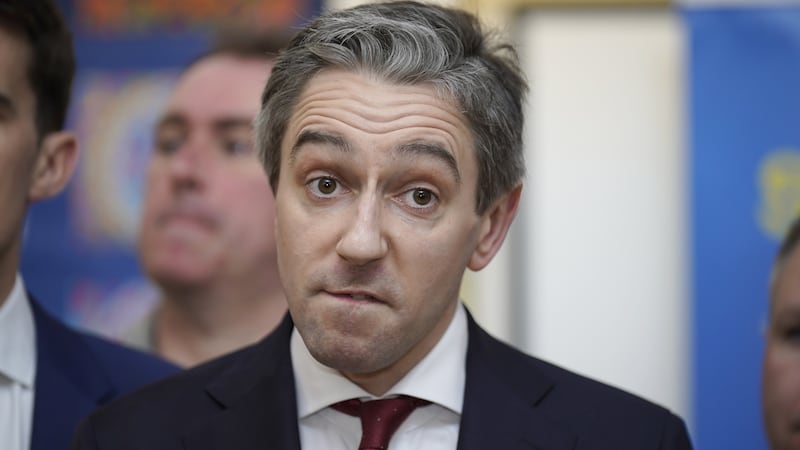When Ryan McCready—a former DUP councillor on Derry Council—defected to the UUP a week ago, there would have been a general expectation that he would support UUP policy.
Not least Doug Beattie’s view on unionist unity: “There will not be one unionist party, that is fact. It does not help unionism for the DUP and UUP to come together.”
But Councillor McCready doesn’t seem to agree: “I’d really like to see, within certainly my lifetime, for there to be a really strong, broad unionist party, where they were just one. The main primary objective is the Union, and the people therein, irrespective of their religion, denomination, or anything else that can separate people. I do think the major catalyst in order for it to happen is a big drive for Irish unity and a border poll.”
I understand Beattie’s position, and it is one shared by a significant section of the UUP’s membership (although a majority of them still support electoral pacts with the DUP as and when necessary). But I also understand McCready’s argument in favour of unionist unity and the catalysts that might drive it. And it’s more than the two he mentions, by the way.
Let’s consider some of the possible outcomes of the next assembly election—due by May 2022 but could yet come earlier.
How would unionists react to the following: a Sinn Féin first minister; a Sinn Féin justice minister; a significant increase for Alliance at the expense of unionism; a shredding of the unionist vote between the UUP, DUP, TUV (and fringe rivals); a fall in the overall unionist vote; the present 50 to 40 split between non-unionists and unionists continuing to widen in non-unionists’ favour?
A number of those factors combined would really spook unionism. So much so, in fact, a unionist merger would, I think, be inevitable. I’ve spent the last few weeks talking to unionists and loyalists of all shades and the common theme is a mixture of full-blown unity or, at the very least, a permanent template for electoral cooperation. For a long time, the PUP has been pushing the idea of a unionist convention which would discuss the challenges facing unionism and try to address some of them. That idea has renewed traction.
Several members from unionist parties have asked me whether or not it would be possible for some sort of electoral pact—maybe with the parties fighting on a common platform—which would allow all unionist MLAs to be counted as one bloc in the next assembly, thus guaranteeing a unionist first minister. It is possible—a number of routes are available—but it would likely cause post-election chaos and there is no guarantee the Speaker or broader assembly would run with it.
The mere fact that all these options and scenarios are under discussion certainly lends weight to the pro-unionist unity lobby. And to McCready’s talk of a renewed push for Irish unity and border poll as catalysts for merging, add on the existing protocol and the UK’s recent proposals for what is, in everything but name, an amnesty. The findings of the latest census are just around the corner and they, too, will probably join the growing list of potential catalysts.
But here’s the problem. There is no guarantee that electoral pacts, or even a united unionist vehicle, would actually deliver either the MLA numbers or an overall increase in votes. Indeed, it’s possible that Alliance would attract many more UUP and small-u pro-union voters who couldn’t and wouldn’t bring themselves to vote for a vehicle that includes the DUP, TUV and PUP. And even if the UUP stepped aside from such a pact it could be hit by a rebellion from its own core vote (who would support the pact) as well as not benefitting from second or even third preferences from the other unionist parties.
But if Beattie is against a merger—which he clearly is—then he’s going to have to be a lot clearer on what the differences are between the UUP and the DUP (as well as the other unionist parties). He also needs to be clearer on what the differences are between the UUP and Alliance. Or, putting that more bluntly: he must set out the specific, standalone role of the UUP against a background chorus of unionism/loyalism supporting a coming-together. Because one thing I know for certain, it’s more than just his latest recruit from the DUP who favours a merger.








